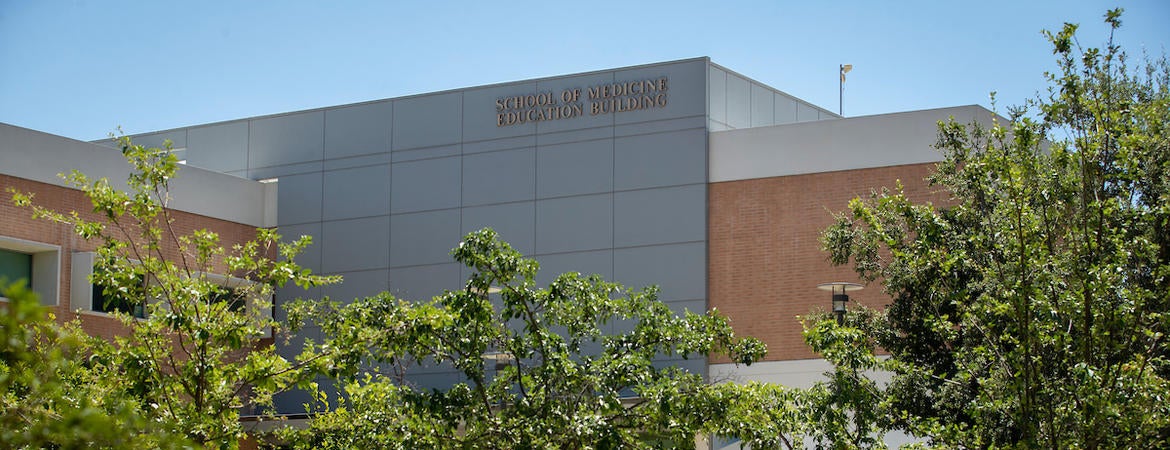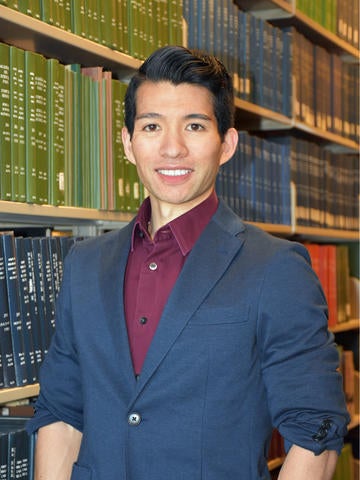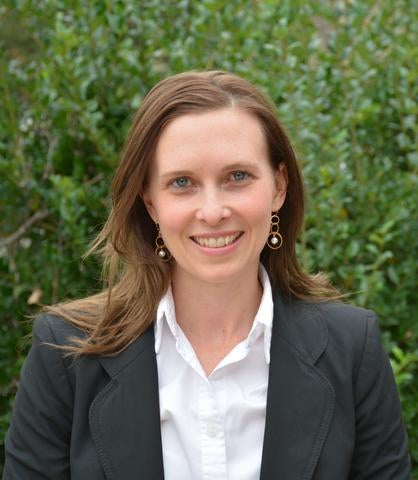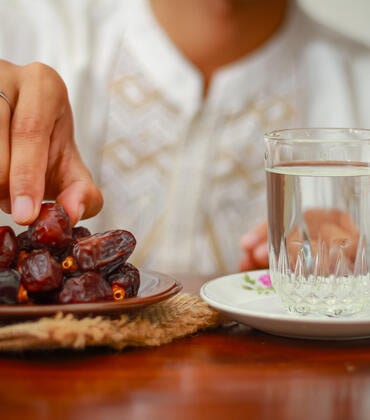
Assistant professors Andrew Subica and Ann Cheney of the UC Riverside School of Medicine’s Department of Social Medicine, Population, and Public Health have received grants to support research on opioid use, COVID-19 testing, and public health education.
Subica was awarded a three-year, $727,000 grant from the National Institute on Drug Abuse for a project titled “Engaging Native Hawaiians and Pacific Islanders in opioid use disorder treatment.”
“Next to COVID-19, the opioid overdose epidemic is the biggest public health crisis affecting the U.S. since HIV/AIDS, with 48,000 people dying per year from opioid overdose,” Subica said. “No research has sought to understand or address opioid use disorders in Pacific Islander populations — a research and clinical gap this three-year intervention development grant will seek to address.”
Subica said he decided to pursue this research because Pacific Islanders have nearly every major risk factor for opioid use disorders compared to other U.S. racial groups, including extremely high rates of mental health and substance use disorders — the strongest predictor of opioid use disorders.
“Our study will explore the scope of the opioid issue among Native Hawaiians in Hawaii and Tongans in Utah to design a culturally tailored intervention to engage Pacific Islanders with opioid use disorders in treatment,” Subica said. “People with opioid use disorders are at very high risk for death from overdose. It is thus a public health priority to intervene before Pacific Islanders overdose on opioids. We will create the intervention and pilot-test it, our goal being randomized controlled trials of this intervention in future studies.”
Subica and his team will also seek to gain new data on methamphetamine use in Pacific Islander communities.
“Methamphetamine abuse, which is extremely high among Pacific Islanders, is the leading cause of drug overdose deaths in nearly all states where substantial Pacific Islander populations reside,” Subica said. “This study will ideally gain information about the drugs most closely linked to the risk of overdose and death in Pacific Islanders.”
Subica’s research partners include Dr. Li-Tzy Wu at Duke University School of Medicine; Dr. Scott Okamoto at Hawaii Pacific University; Dr. Nia Aitaoto at University of Utah; and Drs. Howard Moss and Esra Kurum at UCR.
Cheney received a $150,000 award from the Desert Healthcare District for COVID-19 testing and public health education for farmworking communities in California’s eastern Coachella Valley. The five-month grant involves a partnership with Riverside County Public Health, which will provide coronavirus testing kits and conduct contact tracing and case investigations.
“UCR clinical faculty, medical students, pre-med students, and promotoras will be involved in engaging Latinx farm-working communities in testing and will disseminate public health material,” Cheney said.
She explained that rates of new COVID-19 infection are high in the eastern Coachella Valley, especially in the communities bordering the Salton Sea, such as Mecca, Thermal, North Shore, and Oasis. Her work will be conducted in farmworking communities in these towns.
“We have heard there isn’t sufficient access to testing,” she said. “Factors like mistrust, stigma, and limited understanding of virus spread shape decisions to get tested. We have also heard some are hesitant to get tested because of the implications it could have for their employment; they may not be able to take time off or could lose their jobs as they wait for the results. We hope to reduce the spread of the virus in these vulnerable communities.”
Cheney will be joined in the research by Dr. Marc Debay, director of the UCR family medicine residency program, who will lead UCR medical residents in the testing.
“We are both working closely with Riverside County Public Health to get tests and be involved in contact tracing and case investigations,” Cheney said. “Promotoras will be trained to do the contact tracing. We also have a team of medical students who are monitoring Riverside County Public Health to assess any changes over time in new infections, confirmed cases, and deaths. And we have a team of pre-med students developing and implementing a public health campaign.”
Research reported in this publication was supported by the National Institute on Drug Abuse of the National Institutes of Health under Award Number R34DA049989. The content is solely the responsibility of the authors and does not necessarily represent the official views of the National Institutes of Health.
Header image by Stan Lim.





